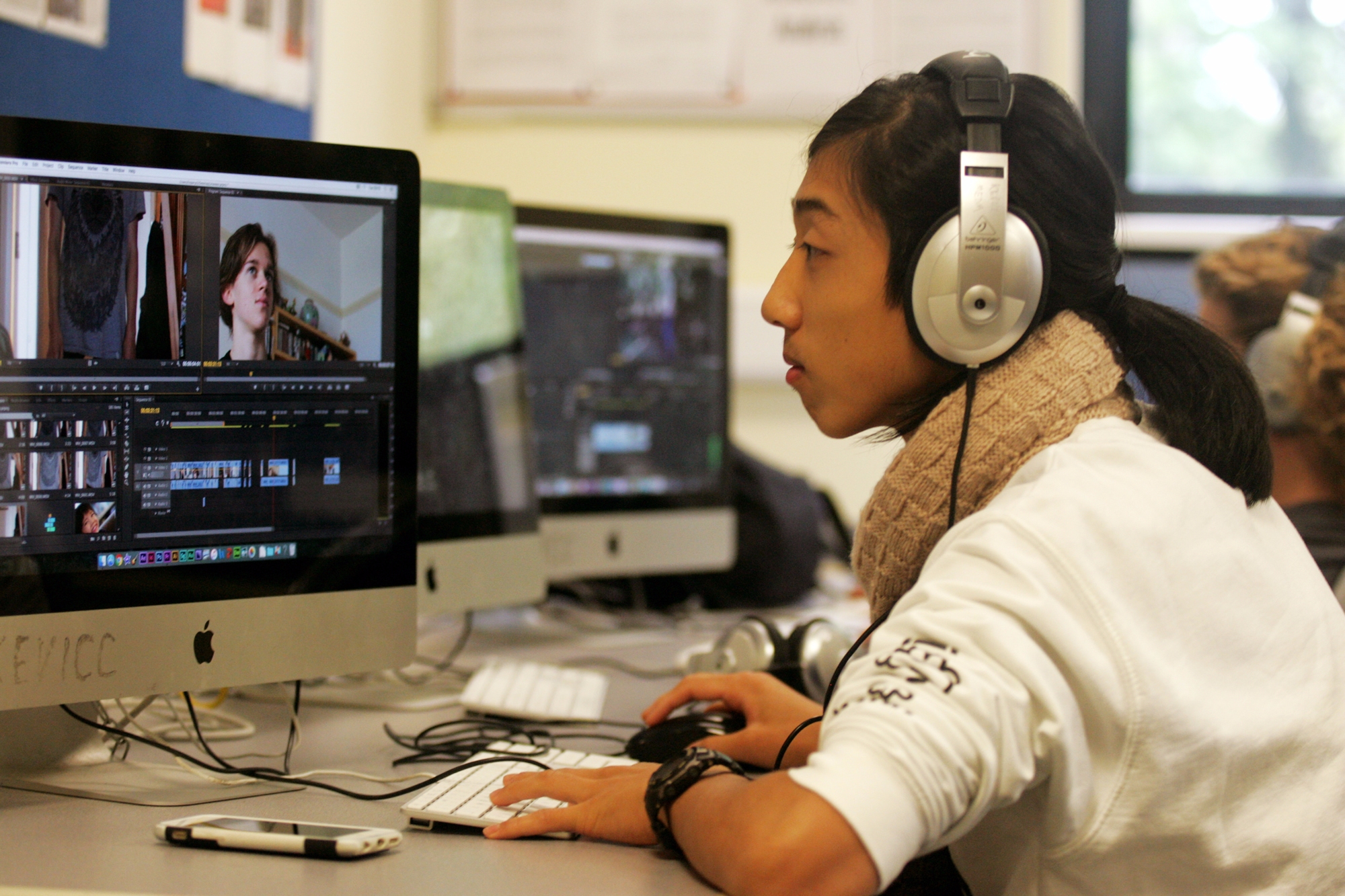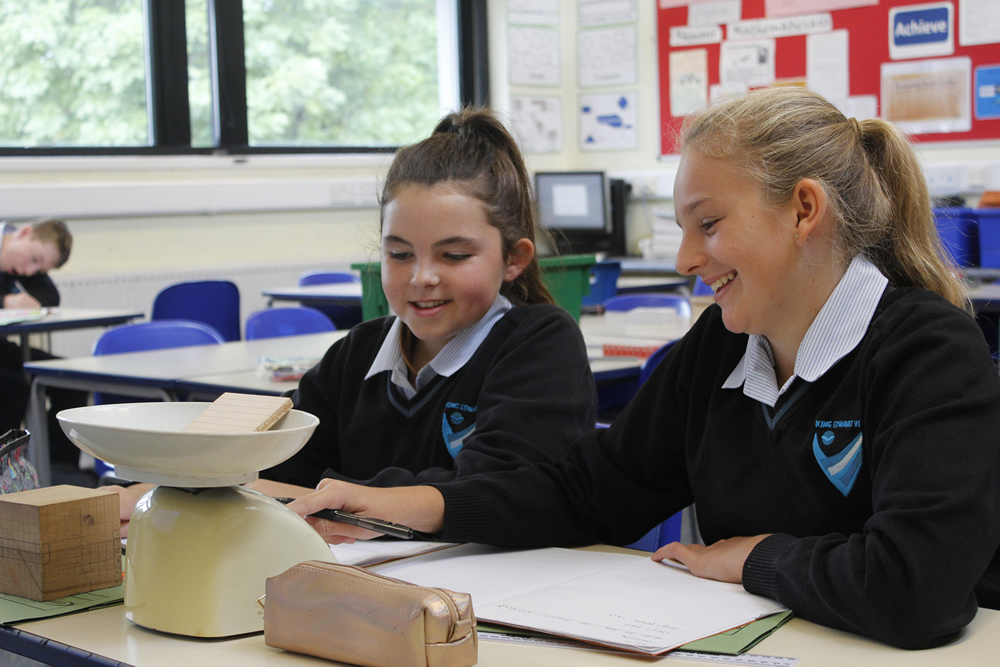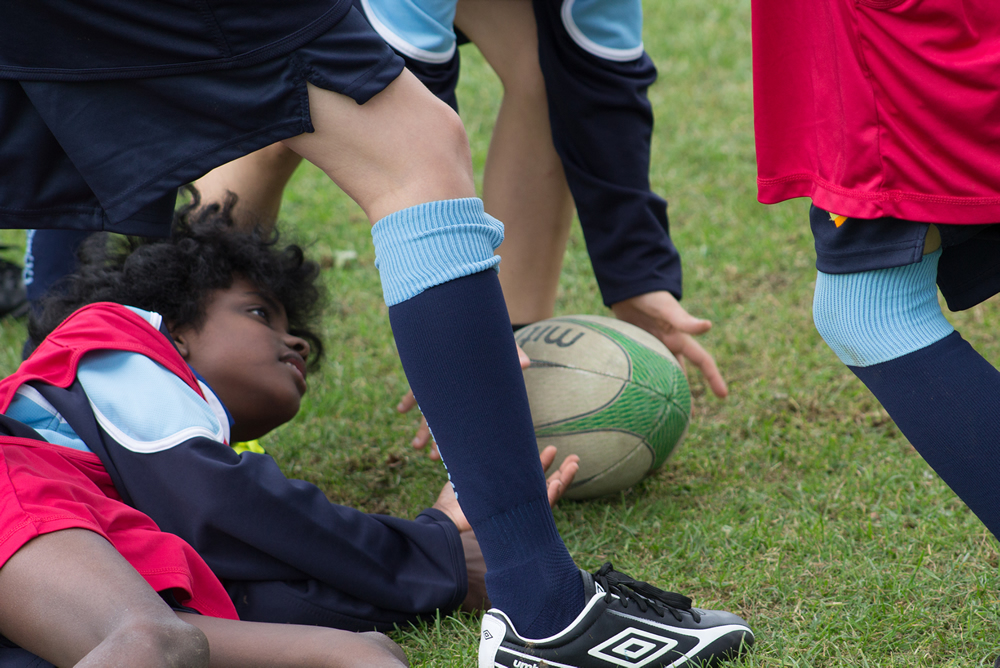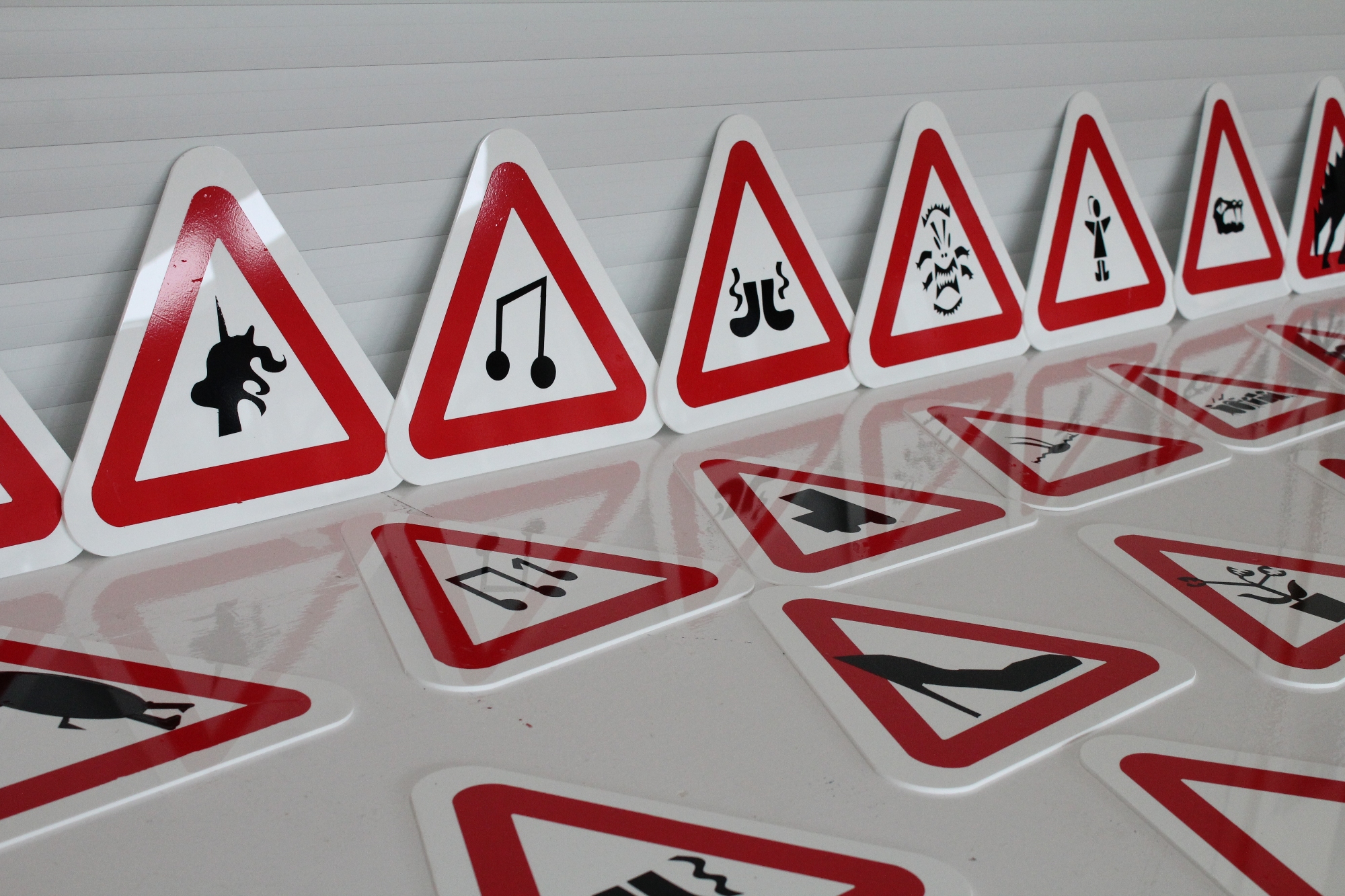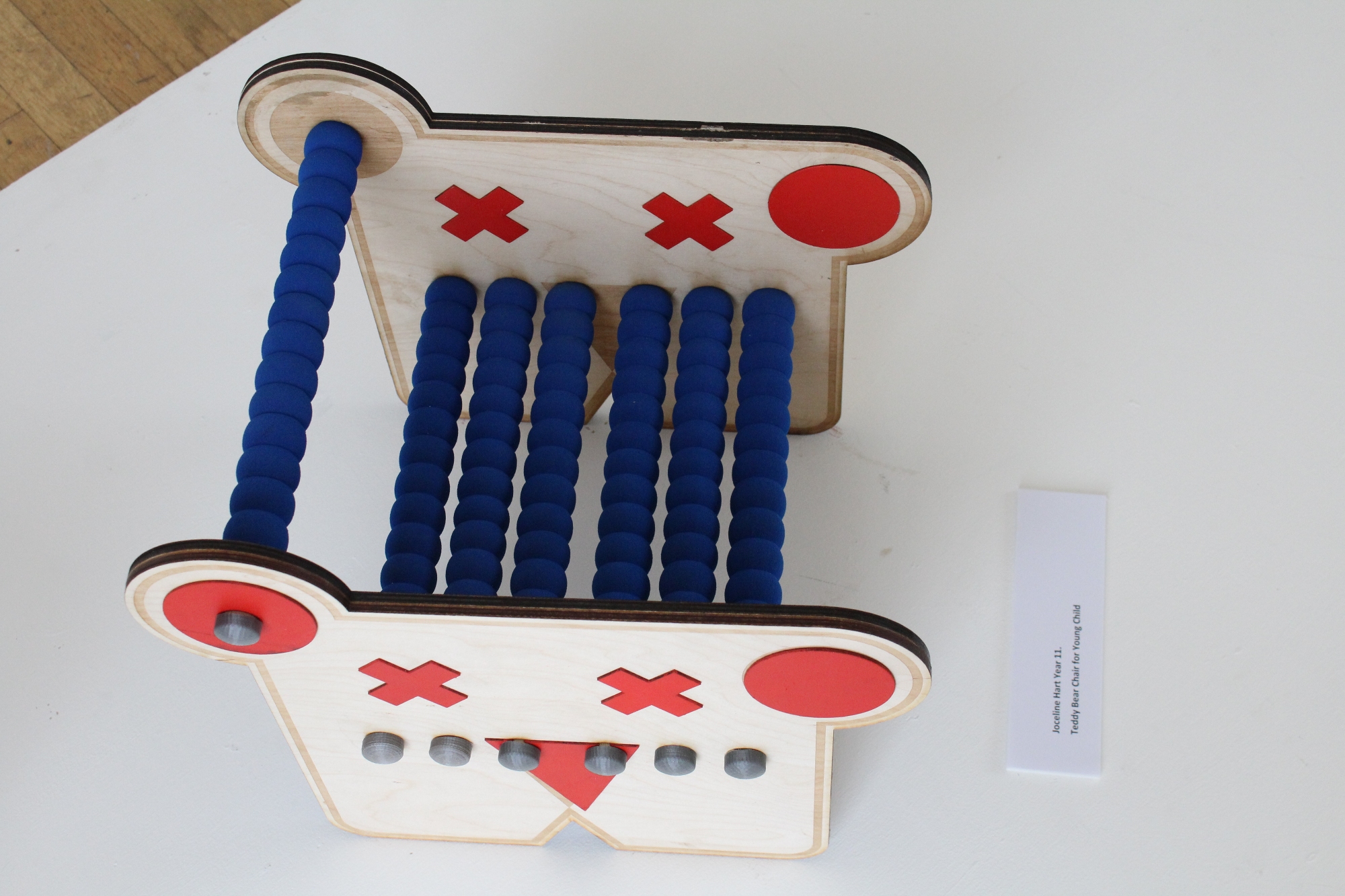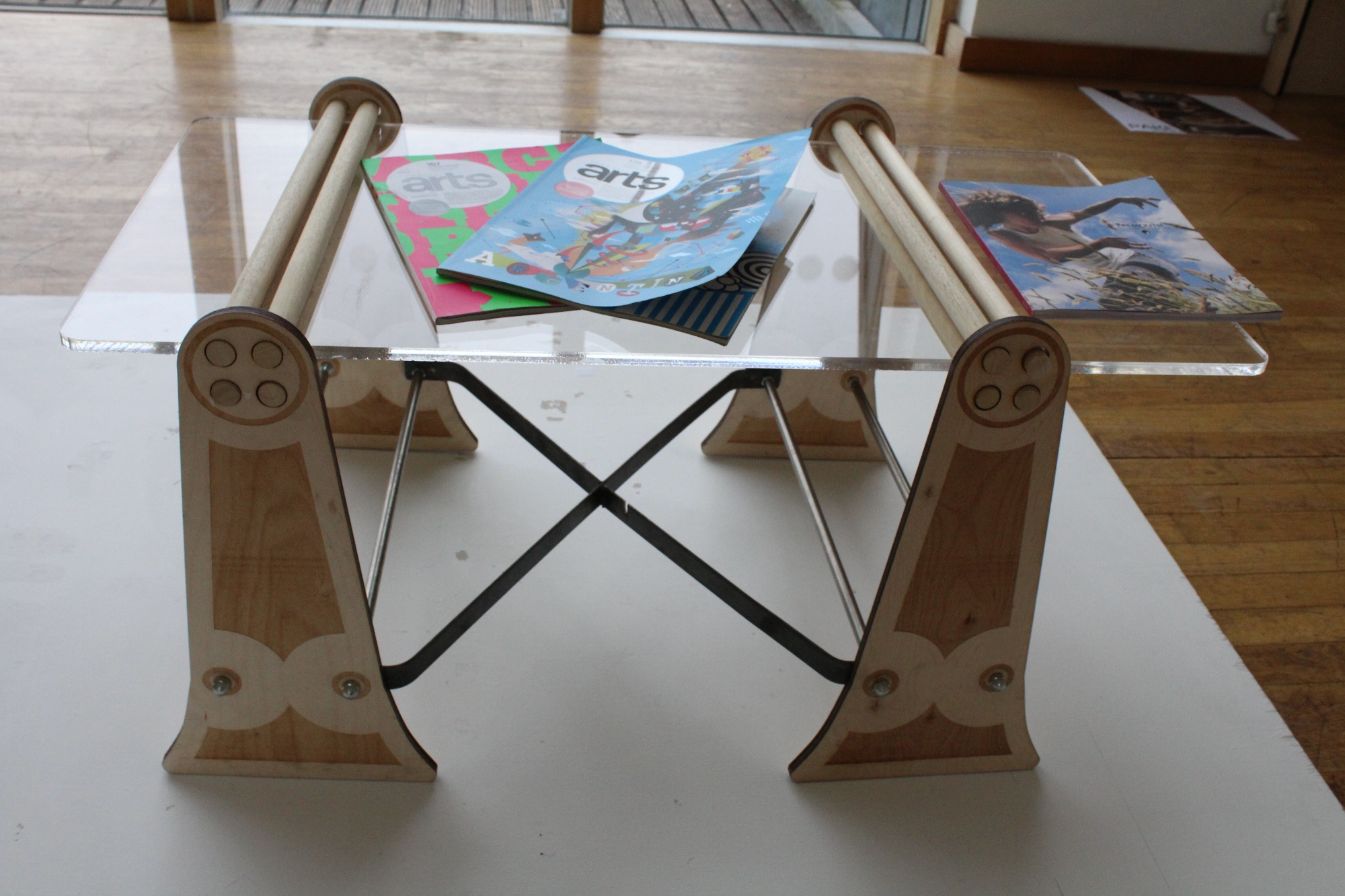Key Stage 5
Applied Science BTEC Level 3 National Extended Certificate
Qualifications: BTEC Level 3 National Certificate,
Exam Board: Edexcel
Entry Requirements: Grade C in GCSE Science or Merit in Level 2 BTEC Science.
Overview
The Applied Science BTEC courses are a great route for students seeking employment in any area of science: Biology, Chemistry and Physics. The Extended Certificate is equivalent to one A level. They are work-based courses which focus on the real applications of science in the world today. There are opportunities to make links with industry through mentors and also visits to local employers and laboratories.
What will I learn?
The Extended Certificate consists of 360 GLH. There are 4 units of study of which 3 are mandatory and one optional from a range of biological, chemical and physical topics. Two of the units are assessed externally by examination. The mandatory units are “Principles and applications of science”, “practical scientific procedures and techniques” and “Science investigation skills”.
Designed for learners who are interested in learning about the sector alongside other fields of study, with a view to progressing to a wide range of higher education courses, not necessarily in applied science. To be taken as part of a programme of study that includes other appropriate BTEC Nationals or A levels.
How will I learn?
All courses consist of the completion of units of work which are internally assessed as well as externally assessed exams. The portfolio units combine practical science and written reports.
The course offers students the chance to experience a range of different teaching and learning styles including working in small groups, participation in class discussions, field-work, study visits and individual research.
The focus of the course is very much practical and applied aspects of science, with strong connections to the workplace. You will practise a range of lab and research skills as you build your portfolio of assignments.
Where could it lead?
The BTEC courses combine well with other AS and A Level courses such as PE, supporting progress towards university courses and various careers within science. Students may progress to courses and employment connected with any of the sciences.
The vocational nature of the Applied Science BTEC courses provides experience of a range of manual and technical skills suitable for working in many industries and businesses with aspects of science research, laboratory or field work.
Contact
Alan Hartigan: Raising Standards Leader ahartigan@kingedwardvi.devon.sch.uk
Biology Advanced Level
Qualifications: GCE A Level
Exam Board: Edexcel
Entry Requirements: Grade 6 or better in GCSE English and Maths. Grade BB or above in Core and Additional Science or BCC or above in Triple Sciences (the Grade B must be in Biology). GCSE Applied Science or Level 2 BTEC Science will not be accepted as a route to A Level Biology.
Overview
Should GM food be grown in Britain? Can genetic disease be eliminated from the world today? Can we stop global warming? Should genetic engineering be encouraged? Should human genes be patented? How fragile is the world's ecology? Are there cures for new diseases that are ravaging the world?
These are some of the most important issues facing mankind in the twenty first century. There are many, many more. Their impact on the individual, the community and the world needs an understanding of biology in all its forms.
What will I learn?
We have adopted the Salters Nuffield Advanced Biology (SNAB) course of study. This course uses a context-led approach. Biological principles and theory are introduced when required to aid understanding of the context.
In Year 12 topics include:
Lifestyle, health and risk. Genes and health. Voice of the genome. Biodiversity and natural resources.
In Year 13 All Year 12 topics plus: On the wild side. Infection, immunity and forensics. Run for your life. Grey matter.
Practical Skills Endorsement
This qualification will give students opportunities to use relevant apparatus and techniques to develop and demonstrate specific practical skills. To achieve a pass, students must demonstrate that they are competent in all of the practical skills listed in the subject content requirements for subject. Students must show practical competency by completing a series of core practical’s throughout the course. This does not form part of the A level grade
How will I learn?
Lessons will take many forms. There may be lectures, seminars, discussion groups or practical work. Students will be expected to read journals, engage in debate and to take an active part in their own learning.
Where could it lead?
Biology also offers a wide range of career and higher education opportunities. It is a broad science which allows the student to study a range of topics which are traditional yet relevant to today's research. Biology is going through a period of great expansion and interest. It offers great opportunities and is well placed to become the science of the new millennium.
Contact Alan Hartigan: Raising Standards Leader ahartigan@kingedwardvi.devon.sch.uk
Chemistry Advanced Level
Qualifications: GCE A Level
Exam Board: OCR
Entry Requirements: Grade 6 or above in GCSE Maths. Grade BB or above in Core and Additional Science or BCC or above in Triple Sciences (the Grade B must be in Chemistry). GCSE Applied Science or Level 2 BTEC Science will not be accepted as a route to A Level Chemistry.
Overview
The A Level course in Chemistry is certainly demanding, requiring not only intellectual qualities but also the personal qualities of patience, considerable persistence and great commitment. However, it is innovative, include ‘cutting edge chemistry’ and fun!
The courses present chemistry in important ‘real world’ contexts. Chemical concepts are introduced within a relevant context, the course being written as a series of modules based on contemporary issues in chemistry. Students study the chemistry in a spiral way so that chemical ideas introduced in early topics are reinforced later.
What will I learn?
- Elements of Life
- Developing Fuels
- Elements From the Sea
- What's in a Medicine?
- The Chemical Industry
- Polymers and Life
- Oceans
- Developing Metals
- Colour by Design
How will I learn?
Learning styles vary from the traditional to individual problem solving tasks and group presentations. Interpretation and quality of practical work also forms a high percentage of the learning.
Where could it lead?
A Level Chemistry is an essential or preferred qualification not only for a wide variety of science related courses at university but is also viewed very favourably by the business and financial sector. It is commonplace for chemistry graduates to move into other areas of science. As a result, many doors are open to chemistry graduates and career opportunities are very diverse. Chemistry is also a wise choice for students studying subjects mainly in the arts or humanities but who wish to maintain a breadth and diversity in their studies. A chemistry qualification shows that you have the qualities important to may non-scientific careers, as well as scientific ones – that’s why you’ll find chemists in everything from food to finance. An exciting, innovative course. Try it!
Contact Alan Hartigan: Raising Standards Leader ahartigan@kingedwardvi.devon.sch.uk
Physics Advanced Level
Qualifications: GCE A Level
Exam Board: Edexcel
Entry Requirements: Grade 6 or above in GCSE Maths. Grade BB or above in Core and Additional Science or BCC or above in Triple Sciences (the Grade B must be in Physics). GCSE Applied Science or Level 2 BTEC Science will not be accepted as a route to A Level Physics.
Overview
We are all users of Physics but if you are thinking of A Level Physics, you are interested in not only using but understanding it. The world of Physics spans ideas on the origins and eventual end of the universe to the behaviour of the smallest particles. We do not promise to answer all these questions in A Level Physics but we take a step towards the answers and hopefully leave you with a desire to investigate further.
Learn from yesterday, live for today, hope for tomorrow. The important thing is not to stop questioning - Einstein
What will I learn?
This is a modern and exciting way to study Physics. Contexts and applications drive the course and give you motivation and interest to explore the world of physics and the many career choices open to you. The contexts in which physics is studied include some of the things we are most interested in: food, sport and music, as well as archaeology, spare part surgery, cosmology, Eurostar trains and designing buildings to withstand earthquakes.
Our course tutors are dedicated physicists, enthusiastic about their subject and always keen to give students the help that they need for a successful and fulfilling time with Kennicott Physics.
How will I learn?
The teaching of the course makes use of a purpose written book and is enlivened by demonstrations, practical activities and computer simulations. Questioning and discussion also form a crucial element in getting to grips with new and, sometimes, mind blowing concepts, but underlying it all you will have explained to you how the universe works: the very laws of nature (or Physics as we prefer to call it!).
Your teachers will show you how to make the most of learning opportunities, in particular turning homework from a chore into an effective learning process. Past examples of Physics related field trips include The Norman Lockyer Observatory to see telescopes in action, Woodlands Adventure Park to consider forces in actions and the Large Hadron Collider at CERN to see the world’s biggest experiment (and to visit the high Alps by cable-car, journey inside a glacier, consider the Physics of bungee-jumping and spend time in Paris en route!).
Practical Skills endorsement
This qualification will give students opportunities to use relevant apparatus and techniques to develop and demonstrate specific practical skills. To achieve a pass, students must demonstrate that they are competent in all of the practical skills listed in the subject content requirements for subject. Students must show practical competency by completing a series of core practicals throughout the course. This does not form part of the A level grade
Where could it lead?
Salter’s Horners Advanced Physics is welcomed at all universities and our former students have gained places at wide range of universities, including Oxford, Cambridge, Imperial and Bristol. Students have gone on to university courses in pure physics or engineering or on to broader based courses combining physics with a language, business or computing. You will find A Level Physics students pursuing careers in the city, designing and rectifying the Millennium Bridge, in law and accountancy as well as the more usual physics-based careers. These include medical physics, astrophysics and geophysics, to name but a few.
Contact Alan Hartigan: Raising Standards Leader ahartigan@kingedwardvi.devon.sch.uk
Product Design Advanced Subsidiary Level
Qualifications: GCE A Level 7551
Exam Board: AQA
Entry Requirements: Grade B or above in GCSE Product Design, Graphics or Resistant Materials, as well as an enthusiasm for design.
Overview
Are you passionate about designing imaginative, sustainable and innovative ideas for the future? Can you create exciting ideas of how to develop and improve artefacts and products that we use every day? Do you have a flair for solving problems and responding to challenges?
We strive to produce innovative, challenging and marketable design products. Creativity is core to our practice, combined with excellence in three-dimensional production.
What will I learn?
There are two routeways within A Level Product Design: Resistant Materials and Graphic Products. All students follow a core knowledge programme that is central to all good design. We have excellent links with industrial partners and other educational establishments including the Schumacher College, University College Falmouth and UCL. At the end of the second year students exhibit their work to the public at the college’s Ariel gallery.
Units include
- Paper 1 Core Technical Principles, core designing and making principles. Additional specialist knowledge. (50% of AS Level )
- Design and Make Coursework Project. Context set by AQA exam board. (50% of AS level marks)
How will I learn?
The course gives you the opportunity to study creative designing techniques, propose and realize prototype solutions in response to design and making opportunities linked with the real world. Student projects are linked with student interests and ambitions.
You will have access to the latest modern design studios and workshop facilities, including a Computer-Aided Design and Manufacturing Suite. Folios are developed in physical and e-portfolio forms. Individual tutorial support is available to all students.
Where could it lead?
With an A Level in Design and Technology, you can continue onto a higher education course in many design fields and eventually a design career. Pathways from this course could lead you into the following design disciplines: produce design, interior design, graphics, exhibition design, jewellery design, furniture design, engineering, vehicle design, architecture, design management and many more.
Produce Design complements Art and Design, Media, Photography, Science and Mathematics A Levels.
Contact
David Irish: Raising Standards Leader dirish@kingedwardvi.devon.sch.uk
Product Design Advanced Level
Qualifications: GCE A Level
Exam Board: AQA
Entry Requirements: Grade B or above in GCSE Product Design, Graphics or Resistant Materials, as well as an enthusiasm for design.
Overview
Are you passionate about designing imaginative, sustainable and innovative ideas for the future? Can you create exciting ideas of how to develop and improve artefacts and products that we use every day? Do you have a flair for solving problems and responding to challenges?
We strive to produce innovative, challenging and marketable design products. Creativity is core to our practice, combined with excellence in three-dimensional production.
What will I learn?
There are two routeways within A Level Product Design: Resistant Materials and Graphic Products. All students follow a core knowledge programme that is central to all good design. We have excellent links with industrial partners and other educational establishments including the Schumacher College, University College Falmouth and UCL. At the end of the second year students exhibit their work to the public at the college’s Ariel gallery.
Units include
- Paper 1 Core Technical Principles, core designing and making principles. (25% of A Level )
- Paper 2 Mixture of short answer and extended response questions. Based on product analysis and commercial manufacture. (25% of final grade)
- Design and Make Coursework Project. Substantial design & make task of your choice (50% of A level marks)
How will I learn?
The course gives you the opportunity to study creative designing techniques, propose and realise prototype solutions in response to design and making opportunities linked with the real world. Student projects are linked with student interests and ambitions.
You will have access to the latest modern design studios and workshop facilities, including a Computer-Aided Design and Manufacturing Suite. Folios are developed in physical and e-portfolio forms. Individual tutorial support is available to all students.
Where could it lead?
With an A Level in Design and Technology, you can continue onto a higher education course in many design fields and eventually a design career. Pathways from this course could lead you into the following design disciplines: produce design, interior design, graphics, exhibition design, jewellery design, furniture design, engineering, vehicle design, architecture, design management and many more.
Produce Design complements Art and Design, Media, Photography, Science and Mathematics A Levels.
Contact
David Irish: Raising Standards Leader dirish@kingedwardvi.devon.sch.uk


